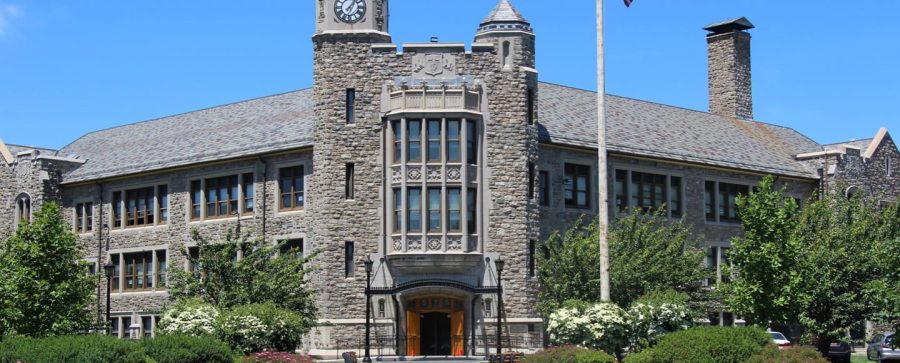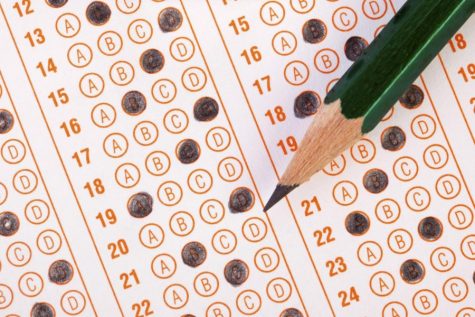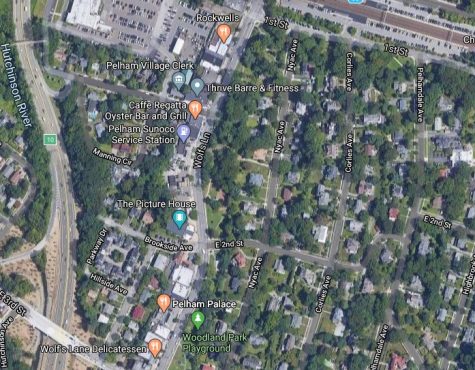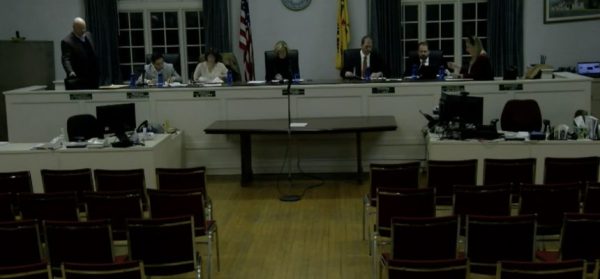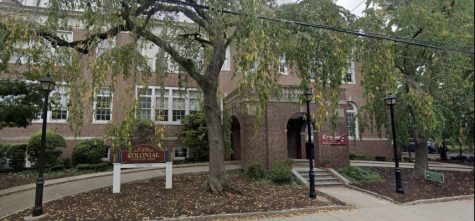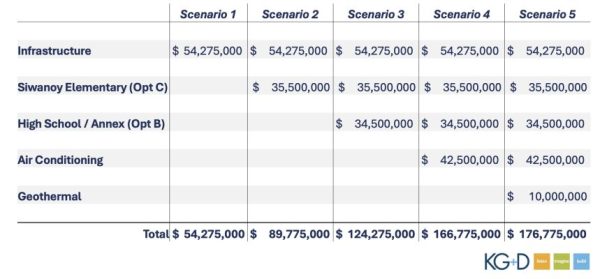There’s hope yet for the College Board to survive Covid-19, but it needs to change
Like other overly concerned students, one of my immediate anxieties at the start of Covid-19 pandemic was about how national academic processes like the AP Exams could happen with social distancing guidelines. In contrast to most students, I commend the College Board for their efforts during the pandemic, particularly given their track record to this point. But despite their adequate performance, the College Board still needs to change dramatically to survive Covid-19.
Even before the pandemic, there was much to dislike about the College Board. Despite being a registered non-profit and lauding itself as the benevolent guide to aspiring academics across America, the College Board is a cash cow. According to the Total Registration program, the Board had a net profit of over $139 million in 2017 alone. This was the highest gross of the organization since its creation; coincidentally, this was also the year in which AP Exam fees increased from 92 to 94 dollars per exam. Meanwhile, the College Board sits on over $1 billion in total cash and investments, while countless low-income families are left out of the AP system due to its exorbitant fees and its refusal to expand in less profitable areas. The reason why the College Board can do these things is obvious: it has a virtual monopoly on the capitalist side of the US education system. But with Covid-19 revealing its cracks, the Board will need to adapt to survive.
Before testing began, it seemed clear to me and others that this year’s APs would be some form of disaster; cheating would be rampant, there would be a digital disaster of server failure on the day of the exams, our teachers would fail to prepare us and we would all receive low scores, or perhaps colleges wouldn’t even recognize our scores. Yet despite our doubts, the Board has been working hard since the outbreak began to secure its academic strongarm – and its revenue. With relative haste, the Board responded to Coronavirus with appropriate and calculated changes to this year’s test format; most notably, making it an online, 45-minute exam with reasonable limits on what topics would be covered. While the Board has struggled thus far with test submission issues from students, they developed new methods to combat many of these technology concerns; additionally, the College Board has assured that this year’s scores will be recognized by the vast majority of previously AP-recognizing colleges in the United States. These efforts look noble from the outside, and despite some alleged privacy issues in the form of a supposed Reddit sting operation that I don’t even have time to go over, the Board comes out of this crisis with about the same reputation as they had coming in.
Still, the future does not look good for the College Board. Their original moneymaker, the SAT, has seen significant competition by its ACT rival as of late, which has surpassed the Scholastic Aptitude Test in terms of total test-takers several times over recent years. Additionally, alternative advanced-level course programs such as International Baccalaureate (IB) are cutting into the profits of AP classes nationwide. The largest sign for the Board’s inevitable killing blow, however, is the recent pledge by the University of California system to phase out the use of the SAT and ACT in their admission process altogether, which spells a dark future for all college-entrance-related exams in the United States, including the APs. These factors, alongside a corresponding fall in profits between 2017 and 2018 by over $30 million, shows weakness in the Board’s educational monopoly.
From the outside, I see two methods for College Board to take to adapt; either run the organization like a real nonprofit, preferring donations over profits and keeping investments and executive salaries much lower (for reference, according to Patch, the College Board’s 23 executives make an average of $355,271 per year, plus generous benefits), or plea for federal subsidies in exchange for a full rework of the organization’s hierarchy and monetization by the Department of Education. While neither of these scenarios would be ideal for the Board, they would reduce their economic issues while also decreasing their reliance on seemingly excessive fees.
In all, I would give the Board’s response to Covid-19 a grade of C; despite this, their overall grade to me would remain a D+. While this would in no way look good for any colleges that the Board would apply to, it is, still, a passing grade. But to truly succeed as an institution, it will need to change drastically.
Tommy Roche is a student at Boston College. During the 2020-2021 school year, he was the Managing Editor/News of the Examiner, primarily covering general...



